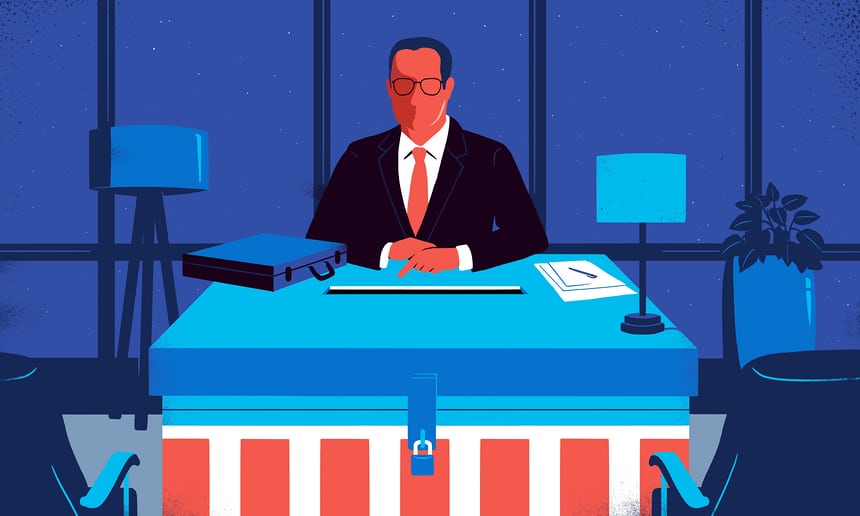A new book points out how companies mobilise their employees to support politicians beneficial to the corporation
This article by Ganesh Sitaraman appeared in The Guardian, May 7th, 2018.
Brief commentary by Community Rights US (CRUS) director Paul Cienfuegos: What happens when business corporations’ Supreme Court granted First Amendment free speech rights become much more powerful than those same rights granted to actual people? One inevitable outcome is what’s called “employee mobilization”, when corporate bosses persuade and mobilize their employees to support politicians and policies beneficial to the corporation.
Most people don’t realize that the First Amendment only protects people’s rights from being violated by their government. Corporate leaders can violate their employees free speech at will, and no First Amendment violations have occurred. And thus workers are unable to fully participate as citizens when they have to watch what they say, for fear of what their corporate bosses might think.
In our nation’s first century, corporations were still considered The People’s subordinates. No free speech rights. No constitutional protections at all. Just the privileges granted to corporations in their founding charters (now known as Articles of Incorporation). The fastest and most direct way to end corporate First Amendment free speech “rights” and “employee mobilization” is to initially work to pass a Community Rights ordinance in your municipality or county. And then to scale up and organize to end corporate constitutional “rights” of all kinds under state law and your state constitution. We can do this. We did it after the American Revolution and we can do it again! Unfortunately, both the author of this article and the author of the related book don’t know about the Community Rights strategy, which is all too common, even in independent media circles!
Do you think it’s appropriate for a company to send its employees a list of approved candidates (from president to the statehouse), with a warning that workers “may suffer the consequences” if those candidates lost? What if a company told its mineworkers that attendance at presidential rally during the 2012 election cycle was “mandatory”, but “no one was forced to attend”? Do you think they would feel like they might be penalized for non-attendance? MORE…

